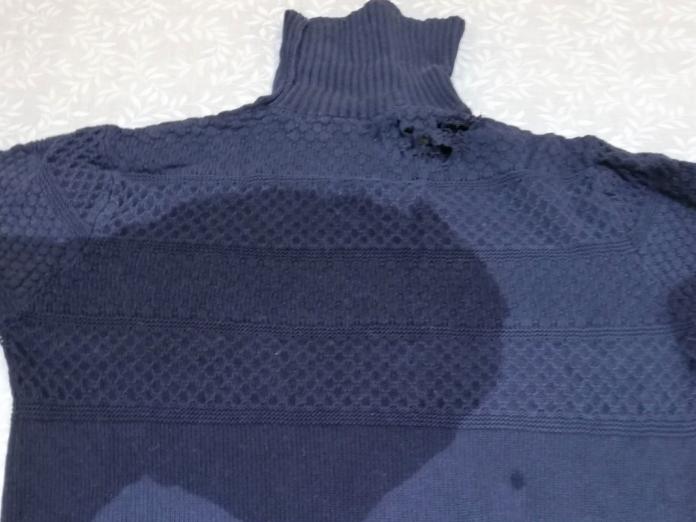New Partnership Tackles the Challenge of Wet Textile Waste

The FURT partnership to investigate treatment options for textiles
The purpose of the partnership FURT (FUnctional dehumidification of Recyclable Textiles) is to investigate treatment options for the textiles that are collected via the new household collection scheme for textile waste.
The partnership will explore innovative and creative opportunities to find an environmentally sound alternative to incineration of the damp and wet textiles – for example by using dehumidification technology.
The scheme for textile waste
The scheme for textile waste is the last in the series of the mandatory ten fractions for which the municipalities are obliged to implement household collection.
The scheme was recently introduced in the first districts of Copenhagen – initially via sorting points close to the households.
Experience from other municipalities' collection trials shows that damp and wet textiles make up a relatively large proportion of the total quantity which is collected. A solution that can reduce or eliminate this problem will therefore be beneficial for both municipalities and other actors in the value chain for textile waste. More specifically, the FURT partnership aims to:
- plan and carry out pre-sorting, where the composition of the collected textile waste is investigated, where it is sorted into different qualities and where it is sent for recycling. In this connection, it must be ensured that any reusable textiles in the textile waste are sorted out for recycling, and that any damp or wet textiles are sorted out for drying.
- establish a dehumidification concept in connection with this pre-sorting, which can ensure that any damp or wet textiles are dried, after which it is examined whether the dried textiles are suitable for recycling or potentially for reuse. It is planned that the dehumidification concept can be adjusted during the process as work processes and practices in the pre-sorting line are adapted to the new solution.
- make two comparable environmental assessments: one assessment of the treatment as it is today, and one assessment of the scenario where the damp and wet textiles are dehumidified to ensure that this volume, to a greater extent than before, is sent for sorting and treatment rather than for incineration.
- test the dehumidification concept on other waste types with a high content of moisture.
A common goal
The project's partners are DTU Sustain, Polarkøl, Condair, UFF Humana, Revaluate, ARC and The City of Copenhagen, each contributing with knowledge from the relevant parts of the value chain, including collection and sorting, solutions for moisture management, environmental assessments and specialist knowledge within the area of textiles.